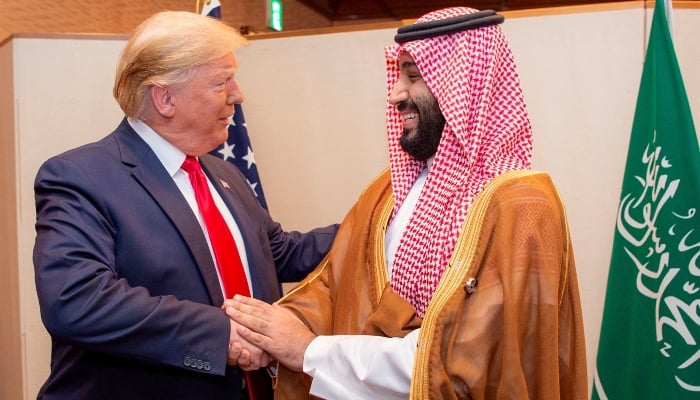ISLAMABAD: Pakistan has decided to join the United Nations-hosted talks on Afghanistan in Qatar this weekend, diplomatic sources revealed.
Earlier this month, the Taliban confirmed their participation in the third round of Doha talks starting on June 30, following their refusal to attend the previous round, according to a Taliban spokesperson.
Sources indicate that Pakistan will be represented by Asif Durrani, the Special Representative on Afghanistan, and Ahmad Naseem Warraich, the Assistant Secretary for West Asia in the Ministry of Foreign Affairs.
Pakistan has repeatedly urged the Taliban government to prevent cross-border terrorism from Afghanistan into Pakistan, particularly by stopping the Tehreek-e-Taliban Pakistan (TTP) and other terrorist groups from using Afghan territory.
Diplomatic sources also noted that the Afghan Taliban’s interim government had boycotted the second Doha talks of 2024 due to the participation of women and civil society representatives. This round of talks marks the first time Afghanistan’s interim administration will engage directly with special representatives on Afghanistan from around the world.
Before the Doha talks, the United Nations held consultations with representatives of Afghan civil society both inside and outside Afghanistan. Following the talks, civil society representatives and women will meet with the special representatives on Afghanistan on July 2.
Diplomatic sources stressed that discussions on recognizing the Afghan Taliban and Afghanistan’s interim government are not on the agenda for the third Doha talks. A senior UN official stated on June 21 that ongoing restrictions on women’s rights prevent Afghanistan’s “reintegration” into the international community and that the Taliban’s participation in the talks does not legitimize their government. Since regaining power in 2021, the Taliban authorities have not been formally recognized by any country. Roza Otunbayeva, head of the UN mission in Afghanistan (UNAMA), informed the UN Security Council that restrictions on women and girls, especially in education, deprive the country of essential human capital and contribute to a brain drain, undermining Afghanistan’s future.





















